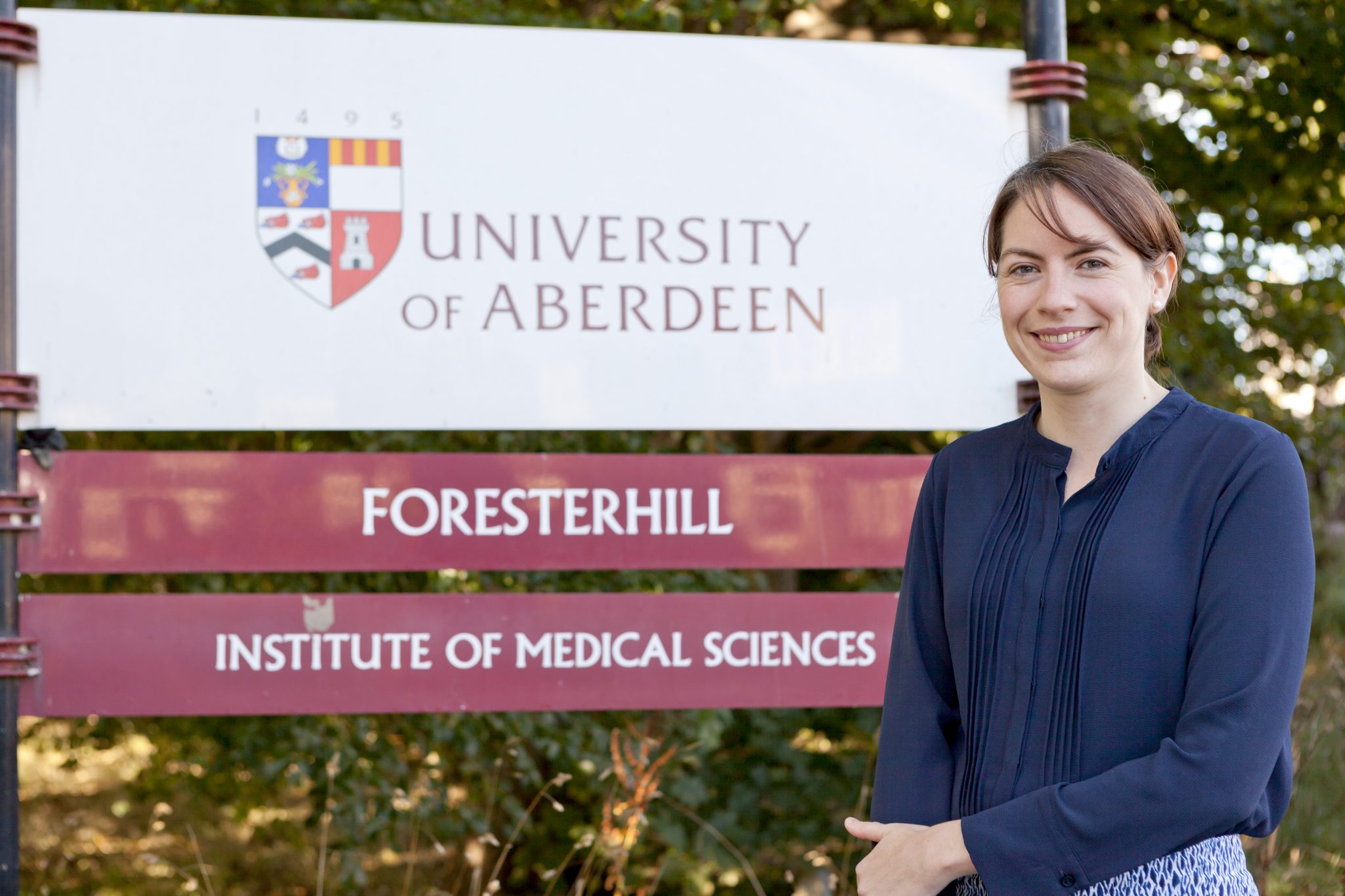Neurology registrar Dr Diane Swallow has recently embarked on a three year research fellowship in Scotland, jointly funded by PSPA and the Scottish Chief Scientist Office. In her first guest blog post, Diane tells us about her exciting plans to drive forward earlier diagnosis and better care for people with PSP and CBD.
[row] [column md=”6″]
Hello! I hope that in the next few months, we will be able to start inviting all those in Scotland with PSP or CBD, and their carers, to participate in our new study.
Working with you, through this new research study, we will be able to ask and answer questions which I hope will be of practical benefit. We will explore the reasons for difficulties in making a correct and timely diagnosis of PSP or CBD, which should allow us to target the right health professionals with education about PSP and CBD. We will also assess whether new measurement tools or imaging techniques could be used in clinics to help doctors make a diagnosis of PSP or CBD, and distinguish PSP or CBD from other conditions. We will also try to determine whether the PSP care pathway is being followed, and if not, which areas need improvement. By better understanding how the needs of people with PSP or CBD (and their carers) change over time, we will hopefully ensure that the appropriate care and treatments are put into place at the right time. We will also count the number of people with PSP and CBD in Scotland, which will provide important information for health service planning.
[/column] [column md=”6″]While we are waiting for all the necessary authorisations and approvals to start the new study in Scotland, I am spending time collecting information on diagnosis and care pathways from the medical records and study assessments of individuals with PSP and CBD who were recruited to an existing study in Aberdeen, the PINE study (Parkinsonism Incidence in the North-East). Individuals with PSP and CBD who agreed to take part in this study completed a variety of assessments (such as measurements of their movement, memory and thinking, mood and quality of life) every year from the time of their diagnosis. This allows us to explore in detail people’s different routes to diagnosis, their different care needs at different stages of the disease, and, the need for and extent of the involvement of different members of the healthcare multidisciplinary team.
I was delighted to meet, and enjoyed a lovely lunch, with the local PSP group in Aberdeen in January. Over the next few months, I will be travelling to speak at a series of PSPA events held in conjunction with a number of local hospices across Scotland. I hope that I will have opportunity to meet some more of you there, particularly those of you based in Scotland, where I will also be able to fill you in with a little more detail about the practicalities of the new study and the different ways in which you might like to get involved! For others, both in and outside Scotland, I look forward to updating you on our progress as we get the new study up and running over the next few months.
[/column] [/row]




